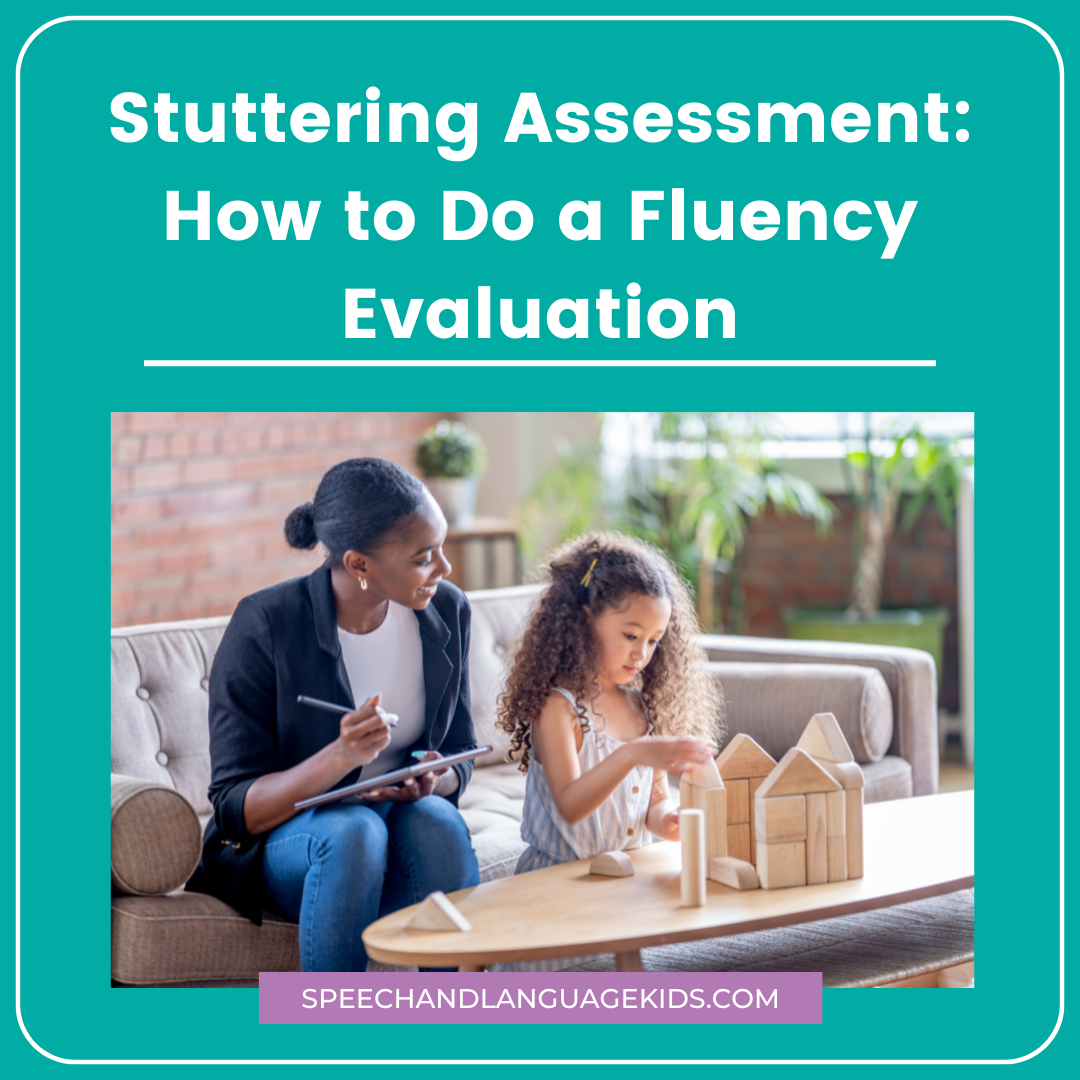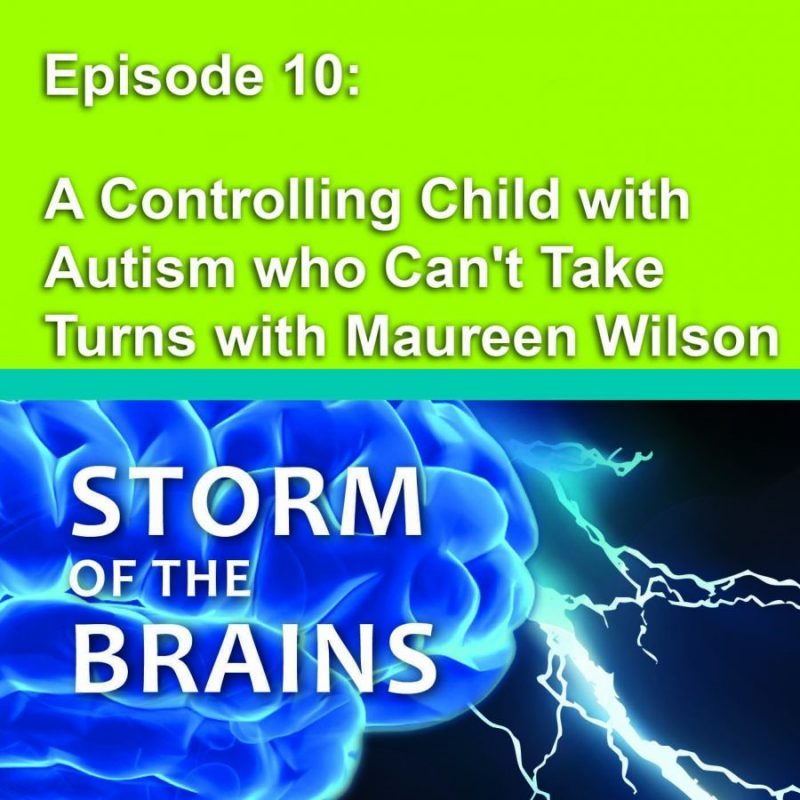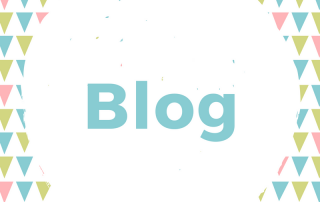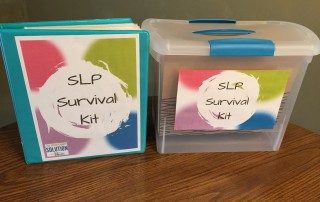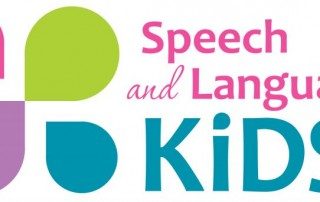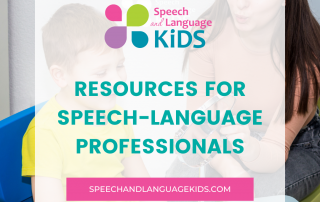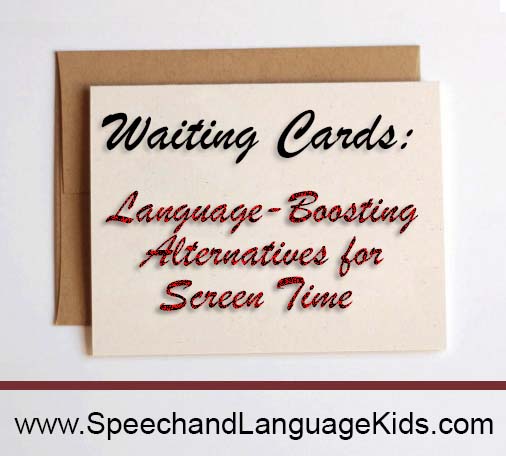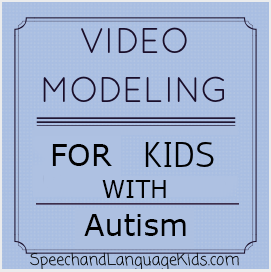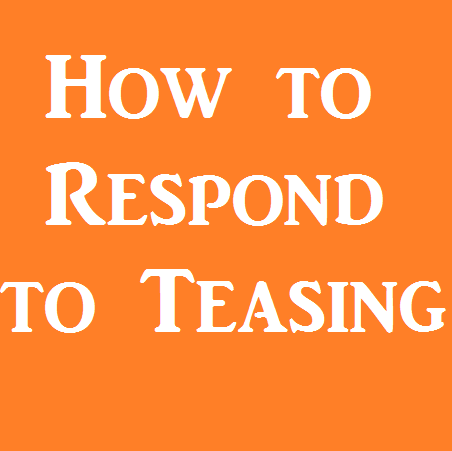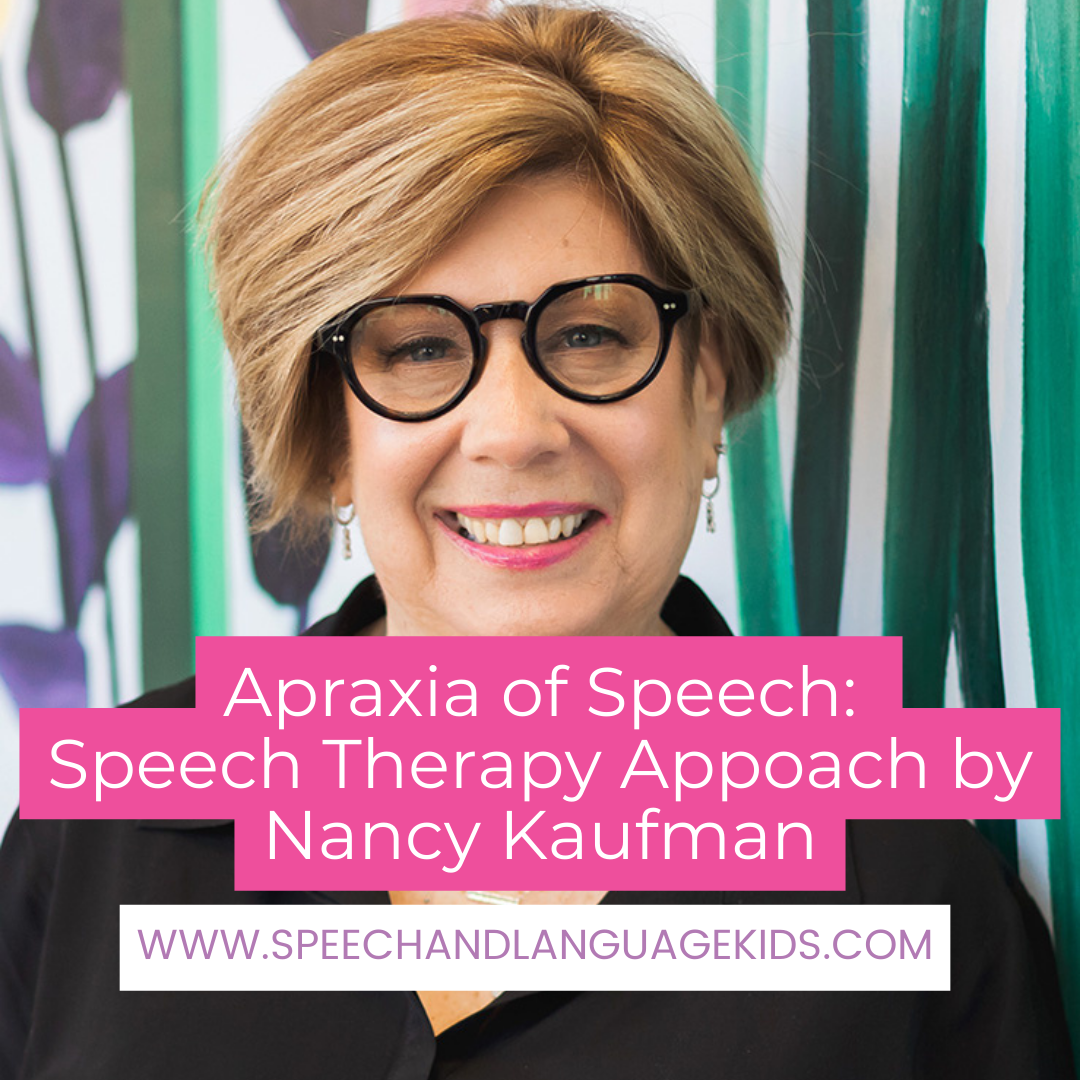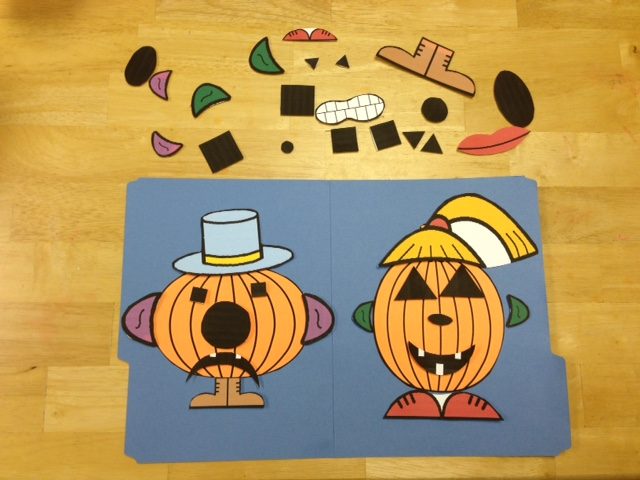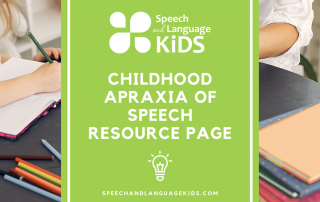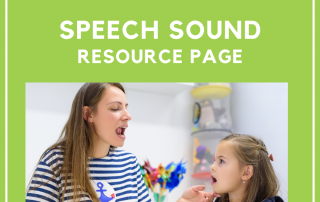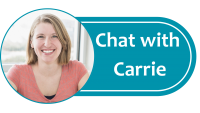Topic:
Resource Type:
Search Results:
Stuttering Assessment: How to do a Fluency Evaluation
Stuttering Assessment: How to do a Fluency Evaluation Stuttering, the most common fluency disorder, is an interruption in the flow of speaking characterized by specific types of disfluencies, including repetitions of sounds, syllables, and monosyllabic words (e.g., “Look at the b-b-baby,” “Let’s go out-out-out”); prolongations of consonants when it
Stuttering Therapy Techniques | Exercises and Activities
Stuttering Therapy Techniques: The purpose of speech therapy for children who stutter is to help them learn how to communicate effectively and easily. Sometimes that means eliminating the stutter all together, such as with preschoolers experiencing developmental disfluencies. But often, especially for our older clients, the stuttering may
Childhood Apraxia of Speech Goals | CAS Speech Therapy
What is Childhood Apraxia of Speech (CAS)? CAS is a rare, neurologically-based speech disorder where the child knows what he wants to say but the message gets mixed up in the motor planning and execution phase so the sounds come out all wrong. Imagine it's like you're
SOTB 10: A Controlling Child with Autism who Can’t Take Turns, Interview with Maureen Wilson
Today I am joined by speech-language pathologist Maureen Wilson from www.thespeechbubbleslp.com who helps me brainstorm ideas for a 5-year-old with autism who won't participate in anything unless he controls the whole thing. Links and Notes: The Speech Bubble SLP: www.thespeechbubbleslp.com Control The child needs that control Try social stories
How to Help Parents Understand the Importance of Speech Therapy and How to Help at Home
The following video comes from my membership site, The Speech Therapy Solution. Each week day, I answer one question from a speech therapist with a short training video. I hope you enjoy today's video! For more great videos or to get your questions answered, come join us in The
The Speech Therapy Solution
The Speech Therapy Solution Membership It's so much more than CEUs! Evidence-Based Practice and Support at your Fingertips Join our huge community of members who are already enjoying less stress and more confidence! That's how many SLPs and professionals are already members! Learn About Discounts on
Speech and Language Kids | Speech Therapy for Kids
Speech-Language Professionals Increase your confidence and decrease your stress with resources for SLPs, SLPAs, SaLTs, etc. Resources for Speech-Language Professionals Educators Boost speech and language skills for your struggling students. Help for teachers, special educators, paras, therapists, etc. Resources for Educators
Resources for Speech Language Professionals (SLPs, SLPAs, SaLTs, etc.)
Resources for Speech-Language Professionals (SLPs, SLPAs, SaLTs, etc.) Welcome to our resource page for speech-language professionals! We are the speech-language pathologists, speech and language therapists, speech-language pathology aides, and other professionals who are working day after day to help children all over the world communicate effectively with those
Speech Therapy for Autism | Goals and Strategies
What is Autism? According to Autism Speaks, the term "autism" or "autism spectrum disorder (ASD), refers to a broad range of conditions characterized by challenges with social skills, repetitive behaviors, speech and nonverbal communication. In order to be diagnosed with autism, a child must have each of
Waiting Cards: Language-Boosting Alternatives for Screen Time
You’re driving in the car and your kid is growing antsy. Quickest solution: Hand him your smart phone! You’re waiting for your food a restaurant and the little ones are throwing the sugar packets at each other. Easiest solution: Turn on some cartoons on the tablet! It’s a rainy
Selective Mutism Speech Therapy and Treatment for Children
Selective Mutism Speech Therapy and Treatment for Children Selective mutism is a complex anxiety disorder that is characterized by a child’s consistent failure to speak in specific social situations in which there is an expectation for speaking (e.g., at school), despite speaking in other situations (e.g., at home).
Using Video Modeling For Kids With Autism
What is Video Modeling? Video modeling is a fun instructional technique where the child watches a video of himself or herself doing a desired behavior or skill. For example, let’s say Johnny always throws a fit on the way from the bus to his classroom at the beginning of
How to Help your Child with Teasing
“You’re kid sounds funny” “He’s so weird” “What’s wrong with that kid?” “Why is he doing that?” “Is she dumb or something?” Sticks and stones may break bones but words can be just as painful if you are the parent of a child with special needs. Those insults may
Writing IEP Goals | SMART Goals and Examples
Writing IEP Goals...The SMART Way! Writing IEP goals can be frustrating and intimidating...but it doesn't have to be! Imagine that you show up to an IEP (Individualized Education Plan) meeting, whether you are a parent or a professional, and you see a goal like this: "Bonnie will
Resources
The Ultimate Resource Guide for Speech Therapists and Parents I thought it would be helpful to create a resource guide that includes all of the tools and tips that will help you in your work with a child with speech and language delays. On this page, you will see
Apraxia of Speech: Speech Therapy Approach by Nancy Kaufman
Teaching Adjectives to Children: Activities and Worksheets for Helping Kids Learn Adjectives Childhood Apraxia of Speech (CAS) is a rare, neurologically-based speech disorder where the child knows what he wants to say but the message gets mixed up in the motor-planning and execution phase so the sounds come
Halloween Speech Therapy Activities
Halloween Activities for Speech and Language Halloween is almost here and children everywhere are getting excited about costumes and candy! Now is a great time to use the excitement of Halloween to get kids excited about working on speech and language skills. Here are some Halloween activities that will
Childhood Apraxia of Speech: Treatment and Resources
Childhood Apraxia of Speech: Treatment and Resources Childhood Apraxia of Speech (or CAS as we refer to it as), is a type of speech disorder that occurs in children, although it is rather uncommon. It is different than other speech disorders because it is neurologically-based, meaning it has
Speech Sound Resource Page
What Are Speech Sound Disorders? Most children naturally learn to say sounds correctly by hearing other people say them. There are certain sounds that are typically acquired earlier and others that come a little later. For example, it's perfectly normal for a small child to say "tat" for "cat"

